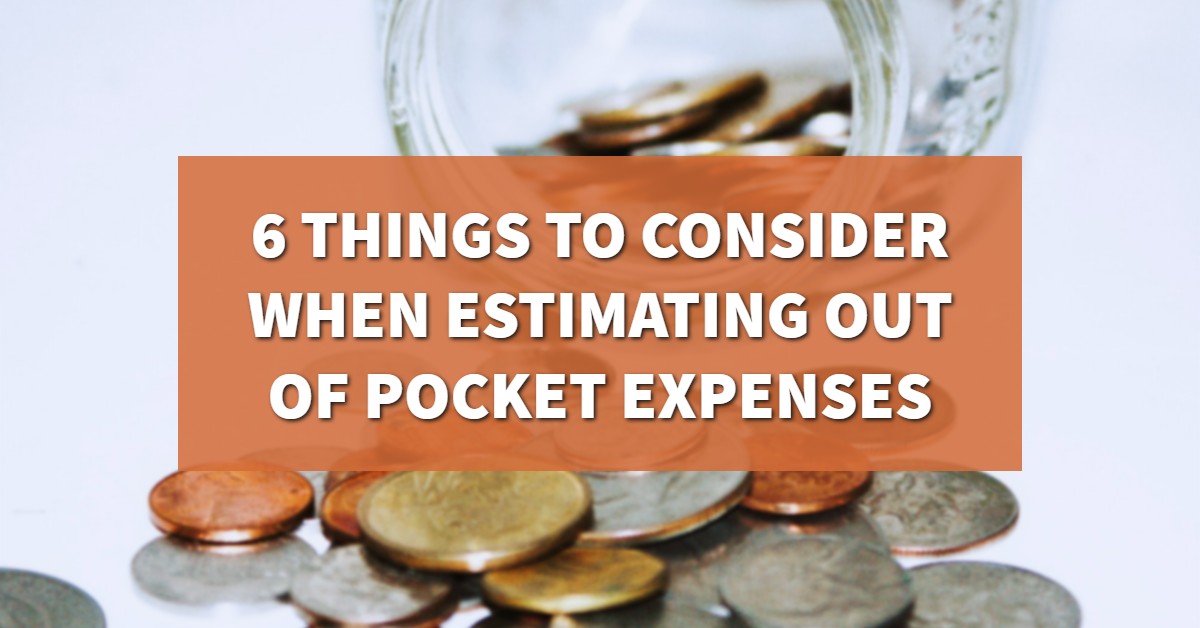What out of pocket expenses should you expect to pay when you’re getting into the real estate investment game?
1. Initial Deposit and Closing Costs
When you sign the contract, you’ll need to put down an initial deposit. This is part of what you see in a HUD-1 settlement.
Additionally, if a lender lends 90% of the purchase price and a 100% of the rehab costs, it looks like all you have to bring in is the remaining 10% of the purchase price.
However, you should also be prepared for additional closing costs and fees. Lenders will not cover those, and you’ll need to pay out of pocket.
2. Out of Pocket Lender Costs
Lenders also have additional fees. They often charge between 1% to 2.5% of the loan amount for appraisals, credit underwriting, and other services
For example, if the total purchase cost of a property is $200,000, and a lender covers 90% of that cost, you can expect to cover the remaining 10% ($20,000). Additionally, lender fees can quickly add an extra $2,800 to $5,600 that we owe to the lender as an out of pocket cost.
3. Title Costs
On top of that, we have title costs. Title costs are typically 0.5%f to 1% of the purchase price.
Using the same example, if you have a purchase price of $200,000, title charges will likely be an additional $1,000 to $2,000 in out of pocket costs.
4. Mortgage Tax (In Some States)
Check your area to find out about your mortgage tax rates. You won’t have to worry about this in every state, but do your research so you’re prepared.
5. Insurance Costs
Insurance often costs somewhere between $1,000 to $2,000 and needs to be paid out of pocket upfront.
6. Out of Pocket Monthly Interest
Interest rates depend on your particular loan. To add to our earlier example ($200,000 purchase price, covered 90% and $100,000 rehab price, covered 100%), let’s say your interest rate is 12% (1% a month).
If you have a loan for $280,000 and they’re charging you interest on the full amount, you could expect a payment of $2,800 every month. If you have it for four months, that’s $11,200 out of your pocket.
Essentially, after we add up all of these expenses, you can expect to pay a fair amount of additional out of pocket costs that the lender won’t cover. You should also look out for HOA fees or overages that will also have to come out of your own pocket.
Read the full article here.
Watch the full video here:

